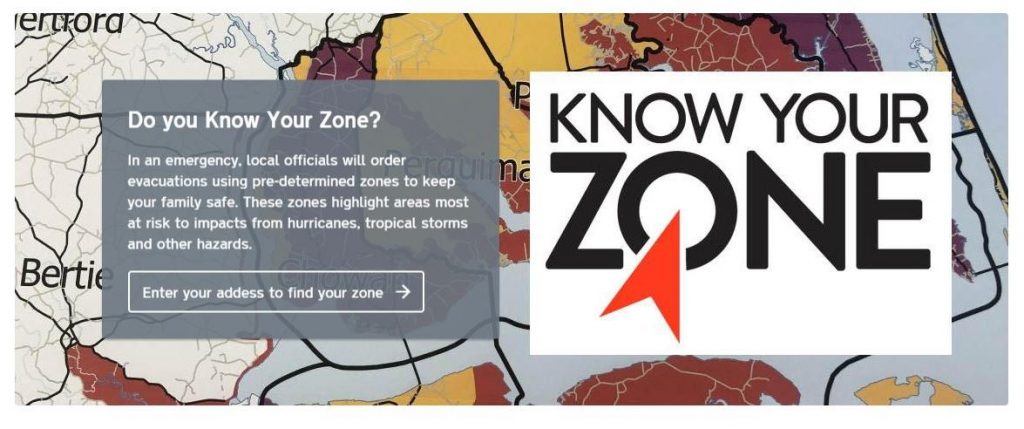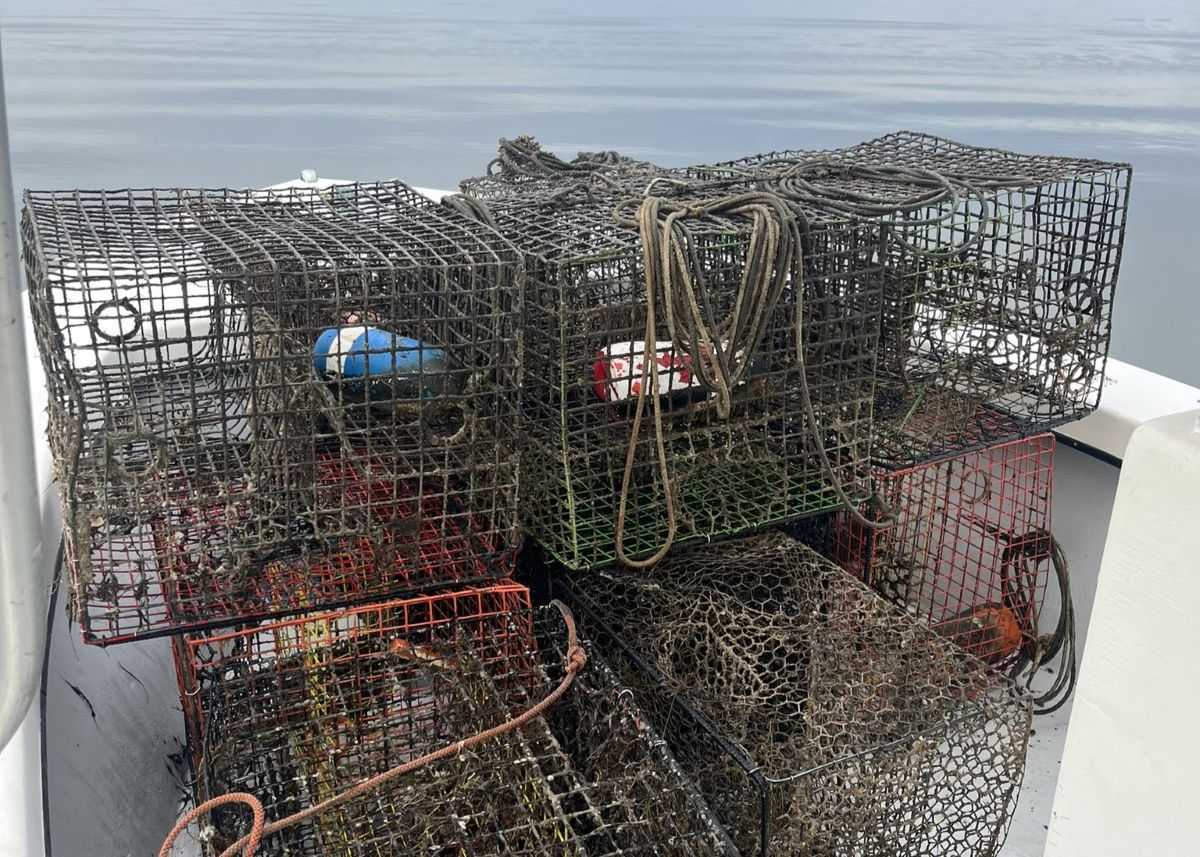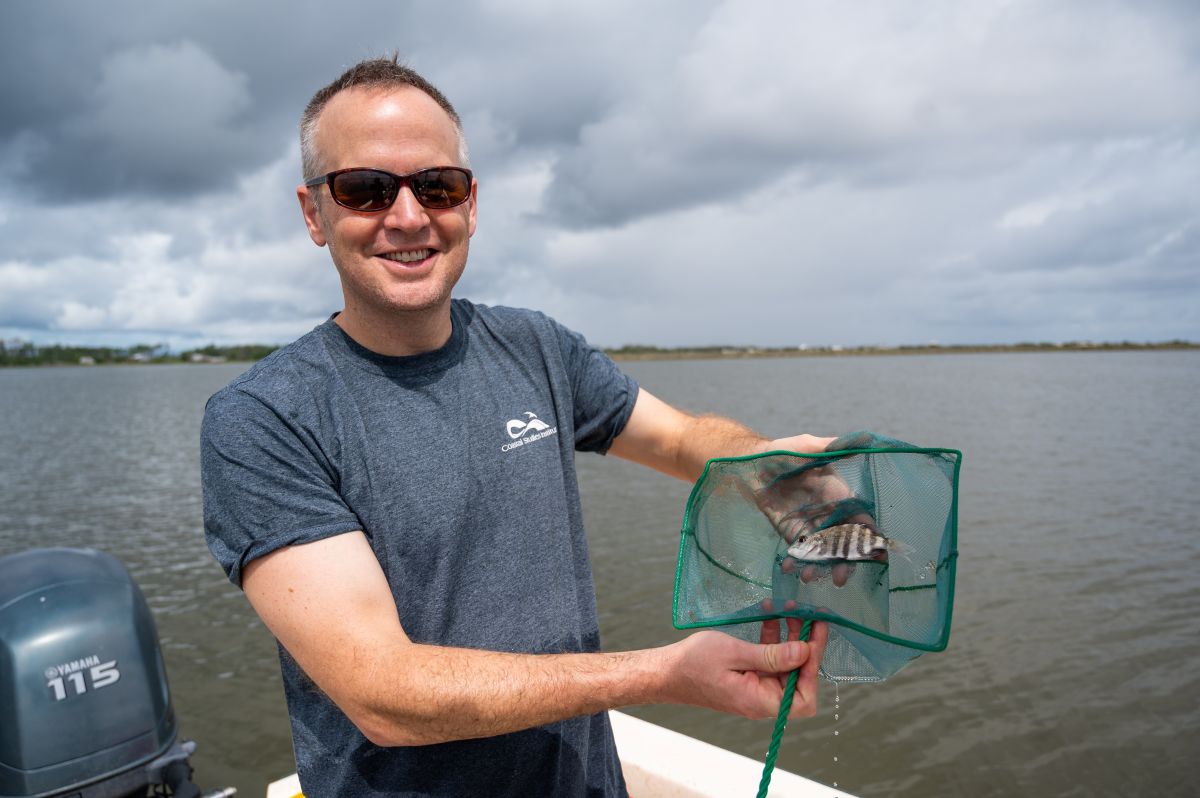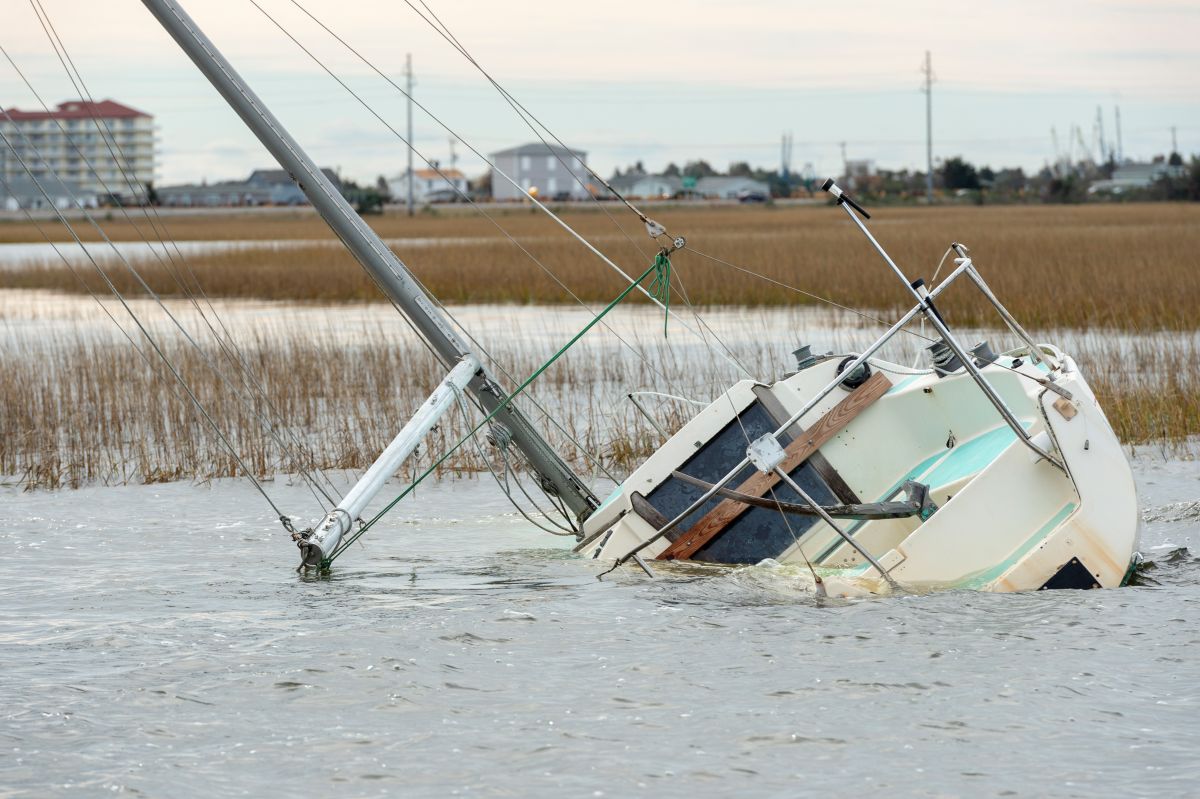
With the signing of a proclamation, Gov. Roy Cooper has declared May 3-9 Hurricane Preparedness Week for the state, which launched an online tool that shows areas vulnerable to storm surge during hazardous weather events.
A release Friday from the governor’s office reminded residents that now is the time to prepare for the 2020 hurricane season, which annually runs from June 1 through Nov. 30, and keep in mind how COVID-19 may affect typical preparedness for hurricane season.
Supporter Spotlight
“North Carolina knows all too well the damage and disruption that hurricanes can bring, but being prepared can help people fare better and recover quicker,” said Cooper in a statement. “Especially with COVID-19 affecting everyone’s daily lives, now is the time to make sure you and your family are ready this hurricane season.”
Because the most dangerous threats from hurricanes and tropical storms are flooding and storm surge, the state is introducing Know Your Zone, a tiered evacuation system that highlights areas most vulnerable to storm surge from hurricanes and tropical storms, and other hazards.
If it becomes necessary, local officials will order evacuations using predetermined zones created by coastal counties. The Know Your Zone lookup tool is a new color-coded interactive map you can use to determine the evacuation zone where you live, work, or are visiting based upon street address.
Making plans to stay at a hotel or with friends or family when making plans to evacuate during the COVID-19 pandemic are better options than relying on a large emergency shelter, his office suggested. Include items in your preparedness kit like hand sanitizer, face masks, copies of your health insurance cards and documents and your medications. If you do evacuate, be sure to check in with family members, or an emergency contact, to let them know where you are.
“North Carolina is getting ready for hurricane season even in the midst of a pandemic,” said North Carolina Emergency Management Director Mike Sprayberry in a statement. “We have responded to simultaneous disasters in the past and will work with our local partners to do so again if needed.”
Supporter Spotlight
Having flood insurance is one of the best ways to prepare for flooding.
“Homeowners with flood insurance experience faster recoveries,” said Sprayberry. “Flood insurance is key to recovering quicker and with more resilience.”
“Preparing for an emergency is an easy and simple way to help protect you and your loved ones when a disaster strikes,” said Public Safety Secretary Erik A. Hooks. “By having an emergency supply kit with enough non-perishable food and water to last each person three to seven days, you’ll be ready for aftermath of a storm when you may be without power, water or other essential services.”
Essential items for your emergency kit include the following:
- Food/water for every member of your family for several days
- Copies of insurance cards/papers and identification sealed in a watertight plastic bag
- First-aid kit
- Weather radio and batteries
- Prescription medicines
- Sleeping bag or blankets
- Changes of clothes
- Hygiene items such as toothbrush, toothpaste, soap and deodorant
- Cash
- Pet supplies including food, water, leashes, bedding, muzzle and vaccination records
- Hand sanitizer
- Face masks
More information on hurricanes and overall emergency preparedness can be found on the ReadyNC website at www.ReadyNC.org.







